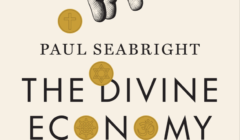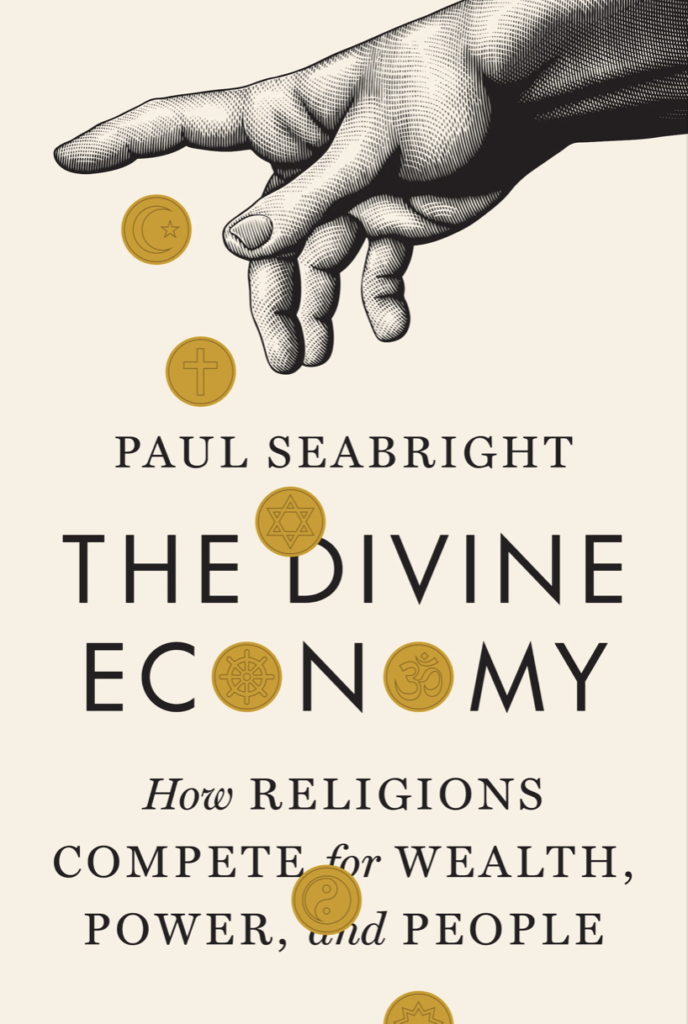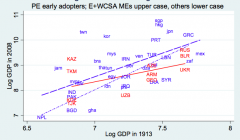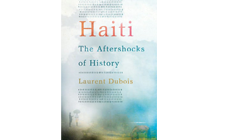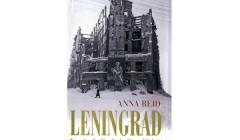I have an essay (in French) in this volume edited by Alain Trannoy and Arundhati Virmani and published by Odile Jacob.
J’ai un chapitre en français dans ce livre sorti en janvier 2025.
Un petit extrait de mon chapitre:
“Une vision assez courante des sciences sociales les représente comme étant en lutte éternelle contre les séductions du récit. Le récit, c’est l’éloge de l’histoire individuelle, anecdotique, suffisamment atypique pour être remarquée – alors que les sciences sociales s’intéressent aux statistiques, à l’expérience générale d’une population, aux réalités agrégées où l’individu se fond dans la masse. On entend même parfois que notre attachement au récit relève d’une « addiction » : c’est la thèse, par exemple, d’un livre du philosophe Alex Rosenberg publié en 2018 par la MIT Press et intitulé How History Gets Things Wrong : The Neuroscience of our Addiction to Stories.[1] Rosenberg va très loin dans sa dénonciation : « Narrative history is always, always wrong. It’s not just incomplete or inaccurate but deeply wrong, as wrong as Ptolemaic astronomy ». Mais même des chercheurs qui sont moins hostiles par principe aux récits ont tendance à penser que l’amélioration des sciences sociales vient de l’utilisation des méthodes statistiques pour surmonter les biais inhérents aux récits que chaque discipline a hérité de son passé. Ceci est le point de vue du livre publié en 2021 par le politologue Matt Grossman et intitulé : How Social Science Got Better : Overcoming Bias with More Evidence, Diversity and Self-Reflection.[2]
Il est indéniable que la place des statistiques est devenue bien plus centrale aux sciences sociales depuis quelques années. Doit-on en conclure que la valeur du récit est devenue moindre, ou encore que le récit soit destiné à disparaître d’une conception des sciences sociales vraiment scientifique, dans le meilleur sens du terme ?Cet essai proposera une réponse négative à la question. Le récit non seulement ne disparaîtra pas. Il sera encore plus ancré dans la pratique des sciences sociales, même les sciences sociales les plus quantitatives….”
[1] Rosenberg (2018).
[2] Grossman (2021). Morgan (2021) montre que l’utilisation du récit dans le travail des historiens économiques a parfois servi à combler des lacunes dans leurs données disponibles. Un point de vue français sur ces biais dans les travaux des historiens se trouve dans Hartog (2003, 2021), et notamment dans son analyse du « présentisme ». “


